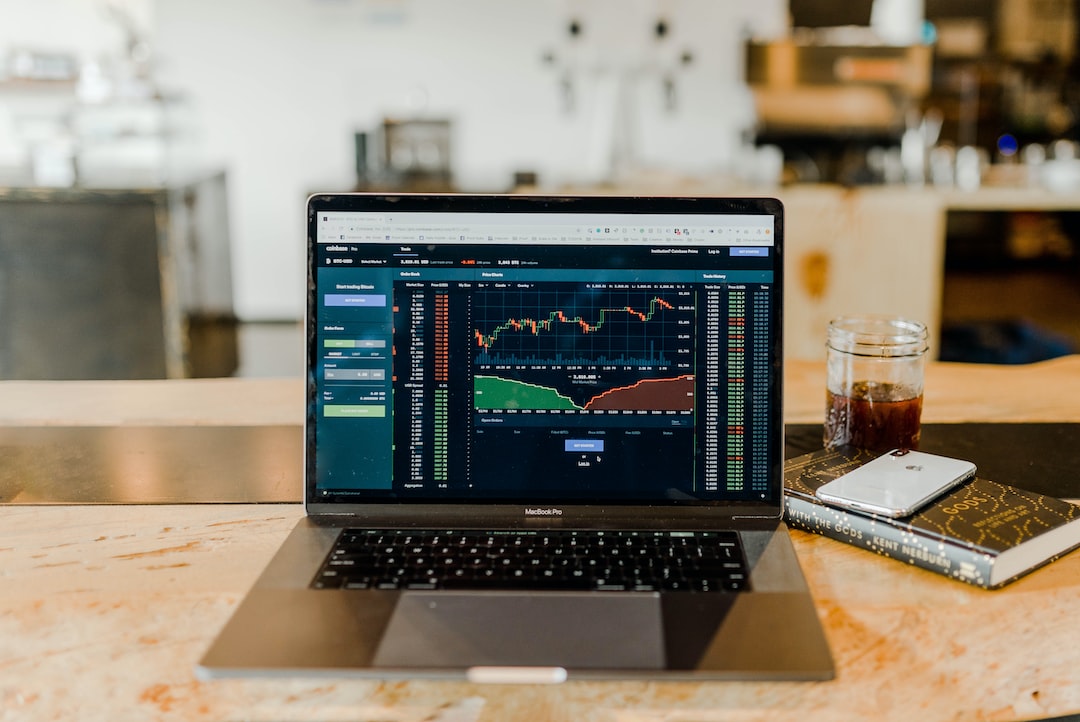The Impact of Inflation on Your Savings and Investments
Inflation is an economic concept that affects the purchasing power of money, and it can have a significant impact on your savings and investments. When the general price level rises, the value of money decreases, making it more expensive to buy goods and services. This erosion of purchasing power is one of the key reasons why it is essential to understand the impact of inflation on your savings and investments.
First and foremost, inflation erodes the value of your savings. If the interest rate on your savings account is lower than the inflation rate, your money will lose value over time. For example, if inflation is at 3% and your savings account earns an interest of 1%, the purchasing power of your savings will decrease by 2% each year. This means that if you leave your money in a low-interest savings account for an extended period, its value may be significantly diminished.
To combat the negative effects of inflation on savings, it is crucial to seek out investment opportunities that offer returns higher than the inflation rate. Investments such as stocks, bonds, and real estate have the potential to outperform inflation and help preserve and grow the value of your savings. These investments are often more volatile and come with inherent risks, but they offer the potential for greater returns to offset the impact of inflation.
Another area where inflation can impact your financial well-being is your investment portfolio. Inflation can erode the real return on your investments, even if the nominal returns are positive. Let’s say you invest in a bond that offers a 5% interest rate, but inflation is at 3%. The real return on your investment is only 2%. In other words, the increase in the value of your investment is not sufficient to maintain your purchasing power.
To counteract the impact of inflation on investments, it is essential to seek out investments that have historically outpaced inflation. Stocks, for instance, have a long-term average return that exceeds the rate of inflation. Diversifying your investment portfolio also helps mitigate the risk associated with inflation. By spreading your investments across different asset classes, such as stocks, bonds, and real estate, you are more likely to have a balanced approach that can help mitigate the impact of inflation.
Furthermore, it is important to regularly review and adjust your investment strategy to account for inflation. As inflation rates change, the performance of different asset classes can also vary. By regularly reassessing your investments and rebalancing your portfolio, you can ensure that your investment strategy aligns with the current economic environment and protects your purchasing power.
In conclusion, inflation can have a profound impact on your savings and investments. It erodes the value of money over time, making it essential to seek out investment opportunities that outpace inflation. By diversifying your portfolio, regularly reviewing and adjusting your investments, and seeking out investment opportunities with historically higher returns, you can protect the value of your savings and investments against the effects of inflation. In an ever-changing economic landscape, understanding and managing the impact of inflation is crucial for securing your financial future.

